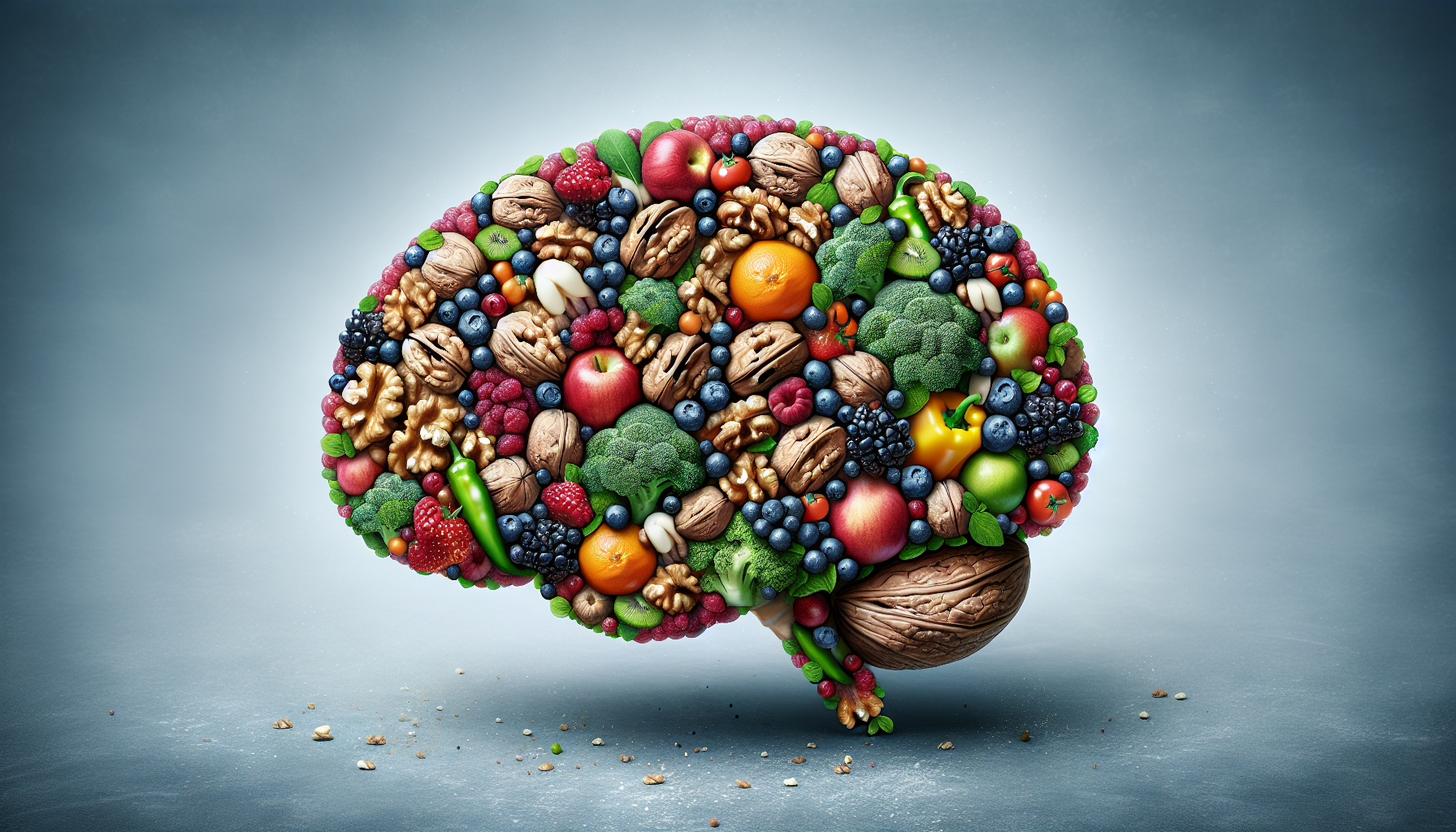The intricate workings of the human brain remain one of science’s most compelling subjects, with new discoveries frequently highlighting the vital importance of maintaining cognitive health. A crucial aspect of ensuring the brain functions at its optimum is through adequate nutrition, particularly vitamins. In this comprehensive exploration, we delve into the significant repercussions vitamin deficiencies have on cognitive health, supported by the latest research and expert insights.
The Role of Vitamins in Cognitive Function
Vitamins play pivotal roles in numerous biochemical processes within the brain. They act as antioxidants, coenzymes, and precursors to neurochemicals that are essential for maintaining cognitive function. For instance, B vitamins are critical in energy metabolism and neurotransmitter synthesis, while antioxidant vitamins like C and E help combat oxidative stress that can damage brain cells.
However, the modern diet often falls short in providing the necessary vitamins, leading to deficiencies that can impair cognitive abilities. This lack of essential nutrients can affect everything from memory and concentration to mood and long-term neurological health.
The Consequences of Vitamin B Deficiency
Vitamin B12 and B6, along with folate, are particularly important for cognitive health. Deficiencies in these B vitamins can lead to elevated levels of homocysteine, an amino acid that at high levels is associated with brain atrophy and neurodegenerative diseases. Research has demonstrated a link between low levels of these vitamins and poor memory performance, as well as an increased risk of Alzheimer’s disease and vascular dementia.
The Impact of Antioxidant Vitamins
Vitamins C and E are antioxidants that protect the brain from the damaging effects of free radicals, which are harmful molecules that can lead to cell damage and aging. An adequate intake of these vitamins is thought to be protective against cognitive decline, particularly in the elderly.
Vitamin D and Cognitive Health
Vitamin D, often associated with bone health, also has significant implications for the brain. It is involved in a myriad of brain processes, and vitamin D receptors are present throughout the central nervous system. Low levels of vitamin D have been linked to an increased risk of cognitive impairment and dementia.
Identifying and Addressing Vitamin Deficiencies
Recognizing the signs of vitamin deficiencies can be challenging, as symptoms often develop slowly and can be mistaken for the normal aging process. However, certain indicators, such as fatigue, mood changes, and cognitive disturbances, should prompt a thorough evaluation, often starting with a blood test to measure vitamin levels.
Once a deficiency is identified, it can often be addressed through dietary changes and supplementation. However, it’s crucial to consult healthcare professionals before starting any supplementation, as some vitamins can be toxic at high levels or may interact with medications.
The Broader Context of Cognitive Health
While vitamins are essential, cognitive health is multifaceted, influenced by a variety of lifestyle factors. For example, the connection between mental health and neuroplasticity highlights the brain’s ability to adapt and change throughout life, a process that can be supported by a range of activities and therapies.
Engaging in holistic wellness approaches, such as art therapy, has been shown to have positive effects on brain health. The impact of art therapy on neurological health suggests creative pursuits can be part of a comprehensive strategy to maintain and enhance cognitive function.
Moreover, the brain’s energy levels are closely tied to hydration; exploring the link between hydration and brain energy levels can provide insights into simple yet effective ways to support cognitive well-being.
External Resources for Further Reading
- A detailed study on the relationship between vitamin B12 deficiency and neurocognitive disorders, published by a specialized neurology journal.
- An in-depth review of antioxidant roles in cognitive function, available through a reputable neuroscientific research platform.
- A comprehensive analysis of the effects of vitamin D on cognitive health, found in an endocrinology-focused medical publication.
- Research discussing the multifaceted approach to cognitive health, including diet and lifestyle factors, from a recognized geriatric medicine source.
Conclusion
The significance of vitamins in cognitive health cannot be overstated. Vitamin deficiencies can have profound effects on the brain, leading to a decline in cognitive function and an increased risk of neurological diseases. It is imperative to recognize the signs of these deficiencies early and to take action through dietary changes or supplementation as needed.
As we continue to understand the complex interactions between nutrition and brain health, it is clear that a holistic approach—incorporating a balanced diet, regular physical activity, mental exercises, and creative expression—can provide the best defense against cognitive decline. By prioritizing the intake of essential vitamins and embracing a lifestyle that supports overall well-being, we can help ensure our cognitive health remains robust throughout our lives.



